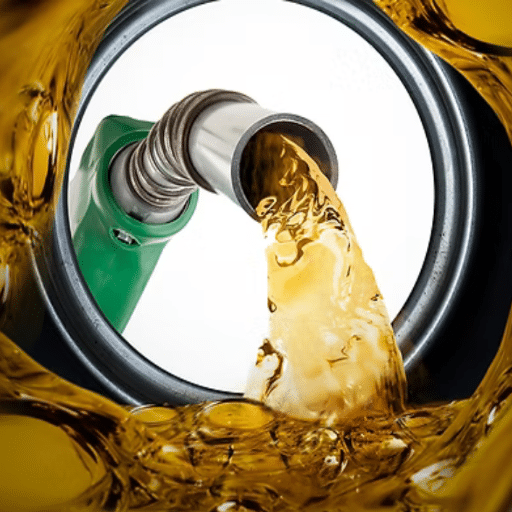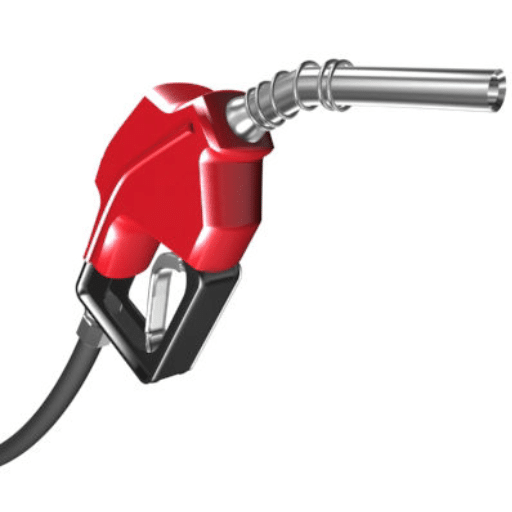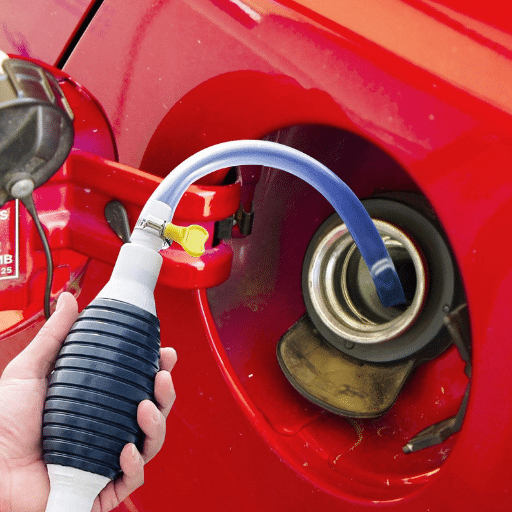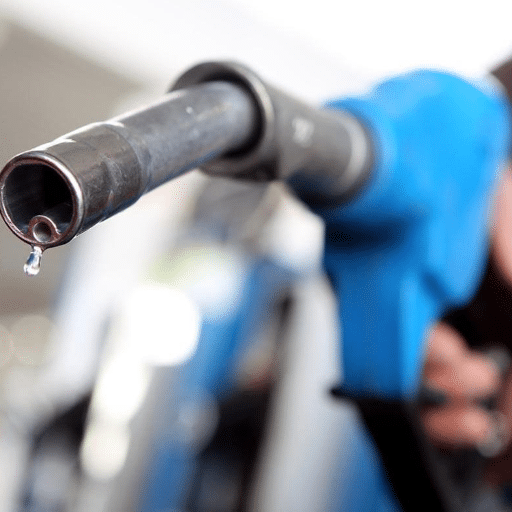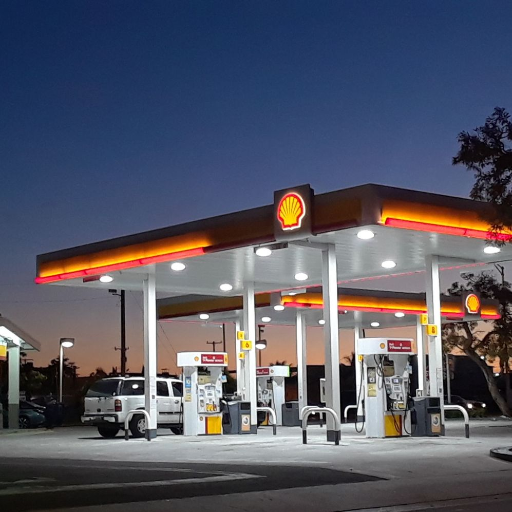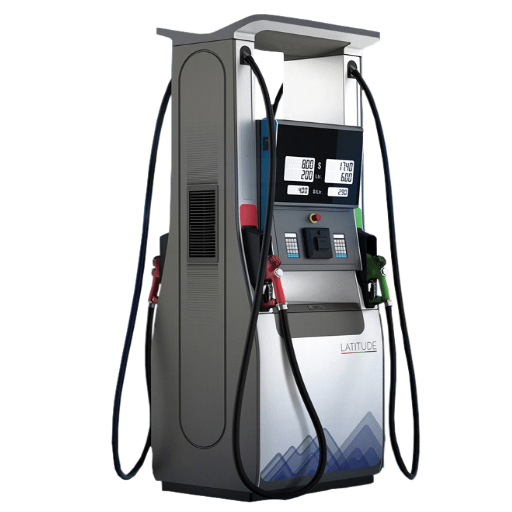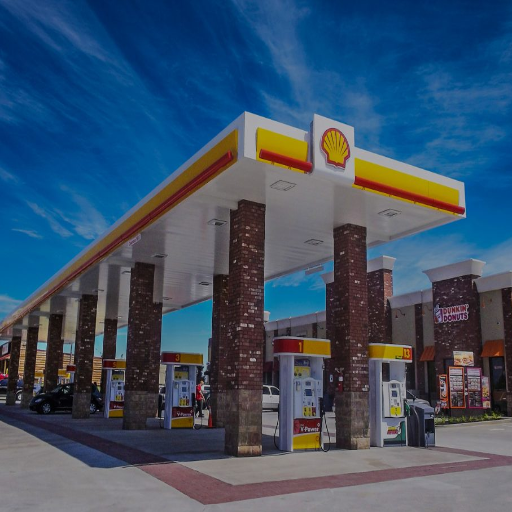A successful gas station requires more than just fuel; reliable, high-quality equipment must be in place to meet customer needs and carry out smooth operations. From fuel pumps to payment systems, air compressors to canopies, the right suppliers are pretty crucial for your station to maintain efficiency and appearance. With so many providers in the market, the best ones become quite elusive to find. Hence, we have compiled a list of the top 10 gas station equipment suppliers to ease your search. This guide shall elaborate on the companies well-known for their innovative products, premier services, and industry expertise. From setting up your station to revamping an existing one, this article provides you with the key to taking your business to the next level.
Shandong Shengrui Intelligent Equipment Co
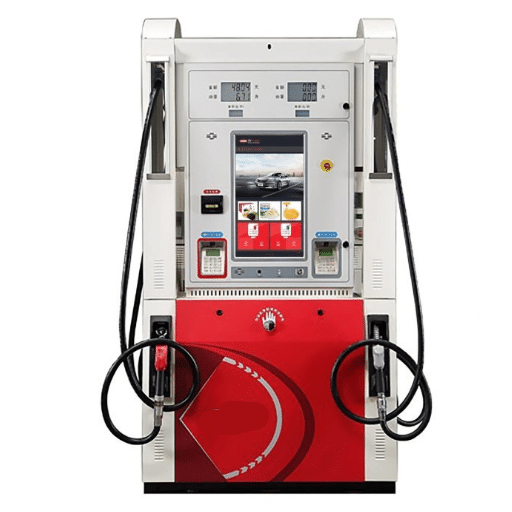
Year of Establishment: 2009
A modern enterprise specializing in intelligent manufacturing equipment, including automated systems and industrial robotics.
Main Products:
Intelligent equipment, automated production lines, and robotics systems.
✓ Advantages
New technological achievements, increased R&D capacity, and solutions that prioritize the environment.
⚠ Disadvantages
Larger corporations in the market may pose a significant challenge as competitors.
Wayne Fueling Systems

Founding Year: 1891
Wayne Fueling Systems is a significant name in the fuel dispensing and charge technology industries.
Main Products:
The company primarily manufactures fuel dispensers, payment terminals, vapor recovery systems, and software solutions.
✓ Advantages
Rugged design and durability, with an emphasis on environmentally conscious choices.
⚠ Disadvantages
Not yet deeply penetrated all markets.
Tokheim

Year Founded: 1901
The company offers integrated fueling solutions, serving all fuel stations worldwide.
Main Products:
Fuel dispenser, payment systems, and environmental solutions.
✓ Advantages
Comprehensive portfolio of products; customer-centric designs.
⚠ Disadvantages
This may require a significant upfront investment.
Bennett Pump Company

Founding Year: 1919
Bennett Pump Co. is in the production of fuel dispensers and associated technologies.
Main Products:
Fuel pumps, alternative fuel dispensers, and forecourt payment systems.
✓ Advantages
Expertise in alternative fuel solutions.
⚠ Disadvantages
Smaller market share when compared to some of the larger competitors.
OPW (Ohio Pattern Works)

Founding Year: 1892
It is a company generally considered the top manufacturer of fueling equipment and systems worldwide.
Main Products:
Fuel nozzles, hoses, containment systems, and fluid management technology.
✓ Advantages
Value-grade components and sturdy construction; a commendable global presence.
⚠ Disadvantages
Parts application versus systems.
Franklin Fueling Systems
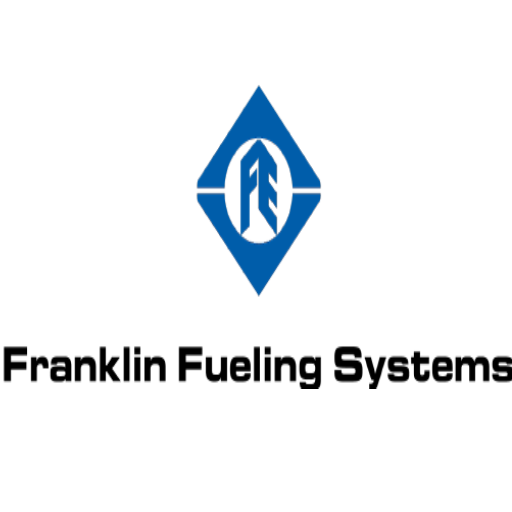
Founding Year: 1988
Franklin Fueling Systems offers a comprehensive suite of fueling solutions for retailers worldwide.
Main Products:
Underground storage systems; fuel management systems; and pump hardware.
✓ Advantages
It carries a wide range of environmentally friendly solutions.
⚠ Disadvantages
Less emphasis on above-ground machinery.
Dover Fueling Solutions

Founding Year: 2017
Relatively new, this player offers cutting-edge technologies and fuel equipment.
Main Products:
Fuel dispensers, payment systems, and IoT fuel technologies.
✓ Advantages
The basic advantage lies in the integration and technological advancements.
⚠ Disadvantages
A newer brand with limited recognition.
Kraus Global

Year of Incorporation: 1962
Kraus Global continues to design and manufacture fuel dispensers for CNG and LNG stations.
Main Products:
Compressors of natural gas (CNG) and liquefied natural gas (LNG) dispensers and payment systems.
✓ Advantages
Specializes in alternative fueling solutions.
⚠ Disadvantages
Lacking versatility in a determined niche market.
Scheidt & Bachmann

Year of Establishment: 1872
A German company operating for decades in providing high-quality fuel and payment systems.
Main Products:
Fuel payment terminals, dispensers, and forecourt equipment.
✓ Advantages
High-quality engineering; user-friendly systems.
⚠ Disadvantages
Pricey equipment; more substantial hold in European territories.
Tatsuno Corporation
Founding Year: 1911
Tatsuno Corporation thrives in Japan in the dispensing and metering of fuel.
Main Products:
Fuel dispensers, flow meters, and energy management solutions.
✓ Advantages
Accurate metering systems and reliable technology.
⚠ Disadvantages
Shipping and servicing outside Asia are really challenging.
Quick Comparison Overview
| Company | Founded | Specialization | Key Strength |
|---|---|---|---|
| Shandong Shengrui Intelligent Equipment Co | 2009 | Fuel dispensing equipment | Solutions prioritizing the environment |
| Wayne Fueling Systems | 1891 | Fuel dispensing & charging tech | Environmental focus |
| Tokheim | 1901 | Integrated fueling solutions | Comprehensive product portfolio |
| Bennett Pump Company | 1919 | Fuel dispensers & technologies | Alternative fuel expertise |
| OPW (Ohio Pattern Works) | 1892 | Fueling equipment & systems | Global presence & quality |
| Franklin Fueling Systems | 1988 | Comprehensive fueling solutions | Environmental solutions |
| Dover Fueling Solutions | 2017 | Cutting-edge fuel equipment | Technology integration |
| Kraus Global | 1962 | CNG & LNG dispensers | Alternative fuel specialization |
| Scheidt & Bachmann | 1872 | Fuel & payment systems | German engineering quality |
| Tatsuno Corporation | 1911 | Fuel dispensing & metering | Precision metering systems |
Frequently Asked Questions (FAQs)
What kinds of gas station equipment do suppliers offer?
Suppliers of gas station equipment offer a comprehensive range of products, including fuel dispensers, storage tanks, hoses, nozzles, and safety equipment. They are essential items for a functioning gas station, ensuring compliance with industry standards.
How to Select the Right Manufacturer for Gas Station Equipment?
Reputation in the industry, product quality, after-sales services, and warranty options are all key factors to consider when selecting a gas station equipment manufacturer. Likewise, look for suppliers who have experience in supplying equipment for your particular type of facility.
What supplies are included for gas stations?
Gas station supplies encompass more than just equipment for dispensing fuel; they also include maintenance parts, safety equipment, and service station supplies such as oil and cleaning agents. The more they have, the more efficiently your gas station will run.
How to Maintain Gas Station Equipment Effectively?
Effective maintenance of gas station equipment involves regular inspections, timely repairs, and operation in accordance with the manufacturer’s specifications. Check hoses and nozzles for signs of wear. Ensure fuel pumps operate properly. Keep storage tanks clean and secure.
What services do suppliers of gas station equipment offer?
Typically, suppliers of gas station equipment will also assist with the installation, maintenance, and repair of their equipment. In most instances, they will provide training for your staff on proper operation and safety procedures, enabling you to operate your service station efficiently and safely.
What are the safety regulations for gas station equipment?
Regulations concerning gas station equipment are duly promulgated to minimize risks associated with the handling and storage of fuel. Thus, the rules on equipment specify the dimensions and installation practices along with the maintenance procedures, to ensure the safety aspect for their protection.
How to find a reputable gas station equipment distributor?
Research online reviews, as well as come to your own conclusions by asking for recommendations from industry peers, as well as by checking their inventory and services. Keep your ship afloat with distributors specializing in petroleum equipment who have been in the industry for some time.
What is the price range for gas station equipment?
The price range for gas station equipment is challenging to generalize, as it depends on the type and brand of equipment. Other distinguishing factors include the technological ability and feature set. It is possible to obtain a simple one for minimal prices, but the cost can skyrocket for a complex system equipped for fuel management.



